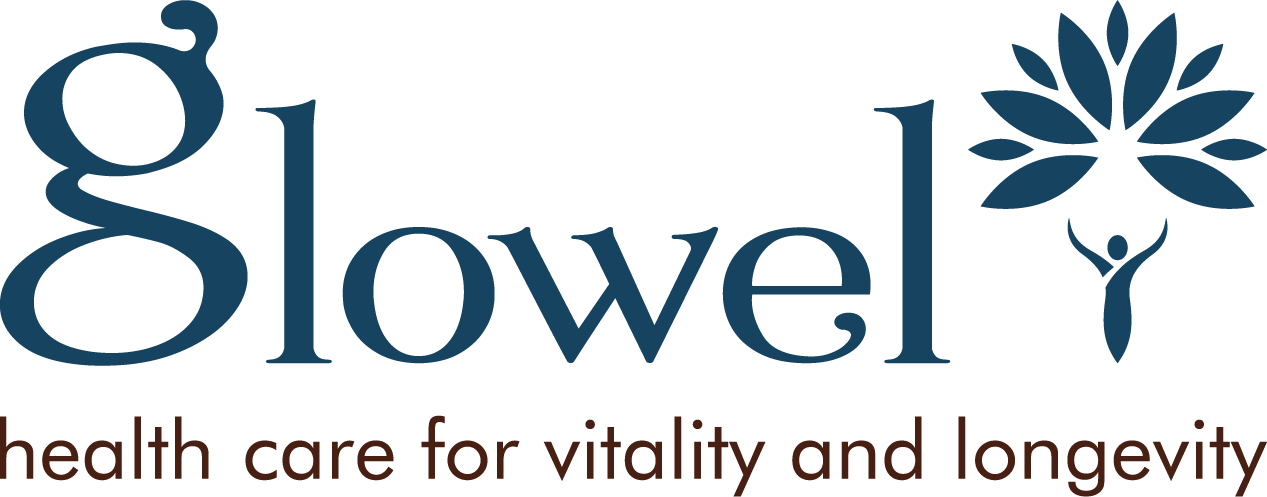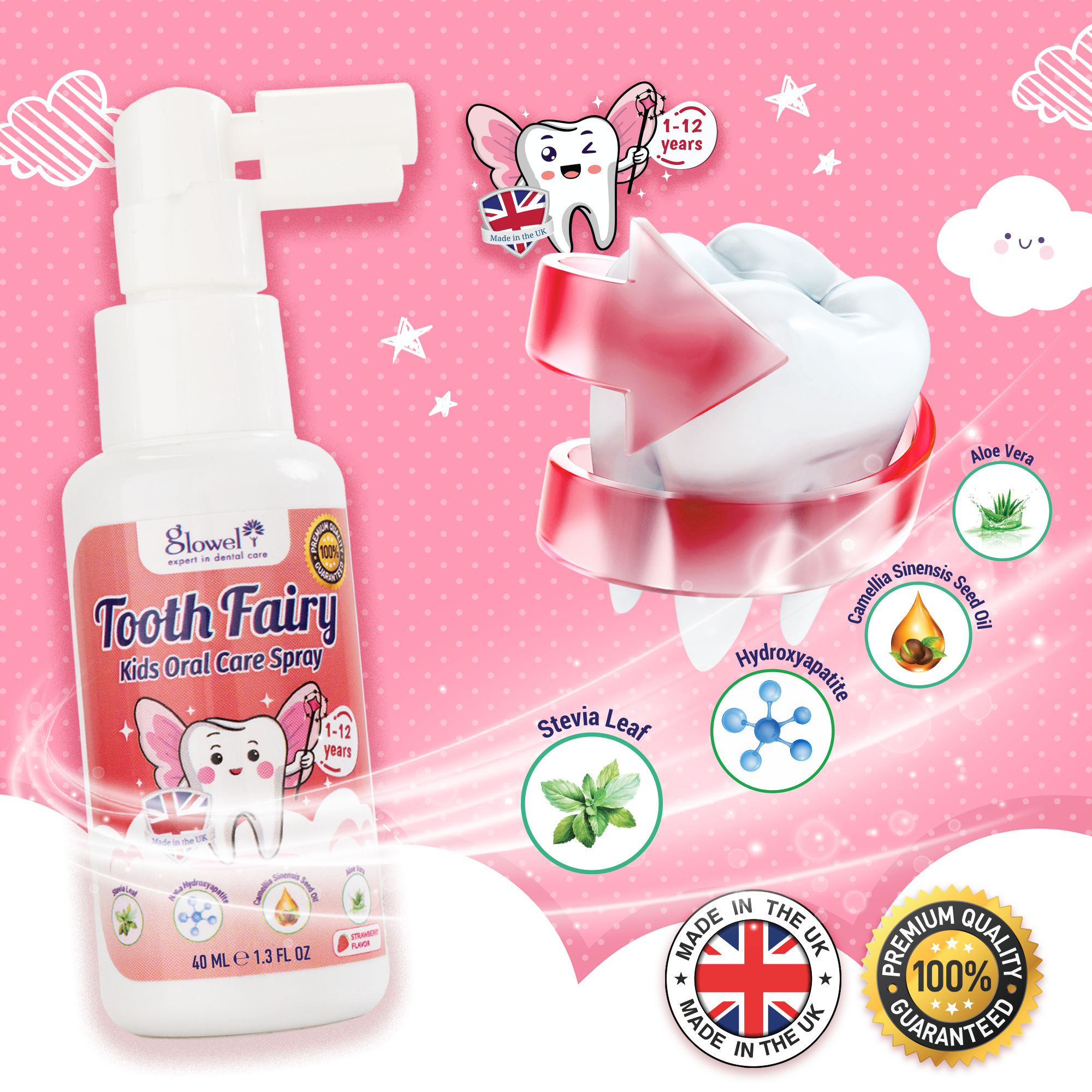You brush your teeth dutifully twice a day and even remember to floss, so do you really need to use mouthwash, too? The answer to this question is a little more complicated than you might think.
Mouthwash is a valuable part of a healthy oral hygiene regimen. It can help with several conditions, and it can freshen up your breath on the spot. Is it something you have to use every day? Maybe not, depending on the state of your oral health.
Here’s a breakdown of what mouthwash can do for your oral health, including when and why you should use it.
WHY SHOULD I USE MOUTHWASH?
Mouthwash can freshen your breath and leave your mouth feeling cleaner. It can also kill some of the bacteria in your mouth that can cause plaque and bad breath. Most people who use mouthwash do so after brushing their teeth to intensify that clean, fresh feeling.
Mouthwash is helpful because it can reach places inside your mouth where your toothbrush and floss may not. Swishing fluoridated mouthwash around your mouth can offer another level of protection that brushing alone can’t.
IS MOUTHWASH NECESSARY?
If you brush and floss twice a day, you probably don’t have to use a mouthwash every single time you brush, but you might want to. Most dentists do recommend adding a fluoride mouthwash in the morning and at night. Using mouthwash serves as a preventative measure and gives your teeth an extra rinse to catch anything that your toothbrush left behind.
For some people, brushing and flossing alone isn’t enough. Those who suffer from certain oral conditions may find mouthwash a necessity. For dry mouth sufferers, mouthwash can provide relief and keep bad breath at bay. There are some mouthwashes designed specifically to combat the symptoms of dry mouth, so if you think you suffer from this, ask your dentist to recommend one.
HOW DOES MOUTHWASH HELP?
Most mouthwashes have alcohol or another ingredient designed to kill bacteria in your mouth. Some bacteria release sulfur compounds that cause bad breath. Other bacteria combine with the sugary, starchy foods you eat to form a sticky substance called plaque that sticks to your teeth and leads to tooth decay.
Using mouthwash daily can help reduce bacteria, so you reduce the likelihood of developing bad breath or dental problems. Mouthwash alone isn’t enough to keep teeth strong and healthy, but it makes brushing and flossing even more effective.
WHICH MOUTHWASH IS BEST?
The mouthwash you choose depends on what you’re using it for. If you’re just using it to clean and freshen your mouth, any American Dental Association (ADA) recommended mouthwash will work just fine. However, if you are treating dry mouth or another specific medical condition, your dentist will likely recommend a mouthwash created specifically for your situation.
Some mouthwashes have added ingredients for whitening your teeth. Most of these may whiten your teeth a little over a long period of time, but they are not nearly as effective as other whitening methods, including those done by a dentist.
Your dentist may also recommend a mouthwash with added fluoride to strengthen and help prevent cavities. There are also mouthwashes designed to limit plaque formation and prevent gum disease (gingivitis).
Unless you have a specific concern, your best bet is to pick a good general mouthwash that has the ADA approval label on it.
WHAT ABOUT MOUTHWASH FOR KIDS?
It’s never too early to start getting your children used to using mouthwash. The youngest members of your family can start by swishing water in their mouths after you help them brush their teeth.
Generally, kids under the age of 6 should avoid mouthwash, as they tend to swallow it rather than spitting it all out, but they can use water to practice. If your child accidentally swallows a little mouthwash, don’t panic. Small amounts of mouthwash shouldn’t cause them any problems, but it’s a good idea to continue supervising mouthwash use until your child can safely spit their mouthwash completely out.
Older children should use an ADA-recommended mouthwash for children. Some of these mouthwashes include added fluoride to help strengthen teeth. Anticavity mouthwash for kids comes in a variety of flavors, so you should be able to find one that your little ones will like.
PROPER MOUTHWASH USE
It might seem intuitive, but not everyone knows how to use mouthwash properly. Here are the basics of proper mouthwash use.
- Use it twice a day, morning and night.
- Use mouthwash after brushing and flossing.
- Swish mouthwash in your mouth for at least thirty seconds, if you can, and no longer than one minute.
- Avoid eating, drinking, or smoking for at least half an hour after using mouthwash.



